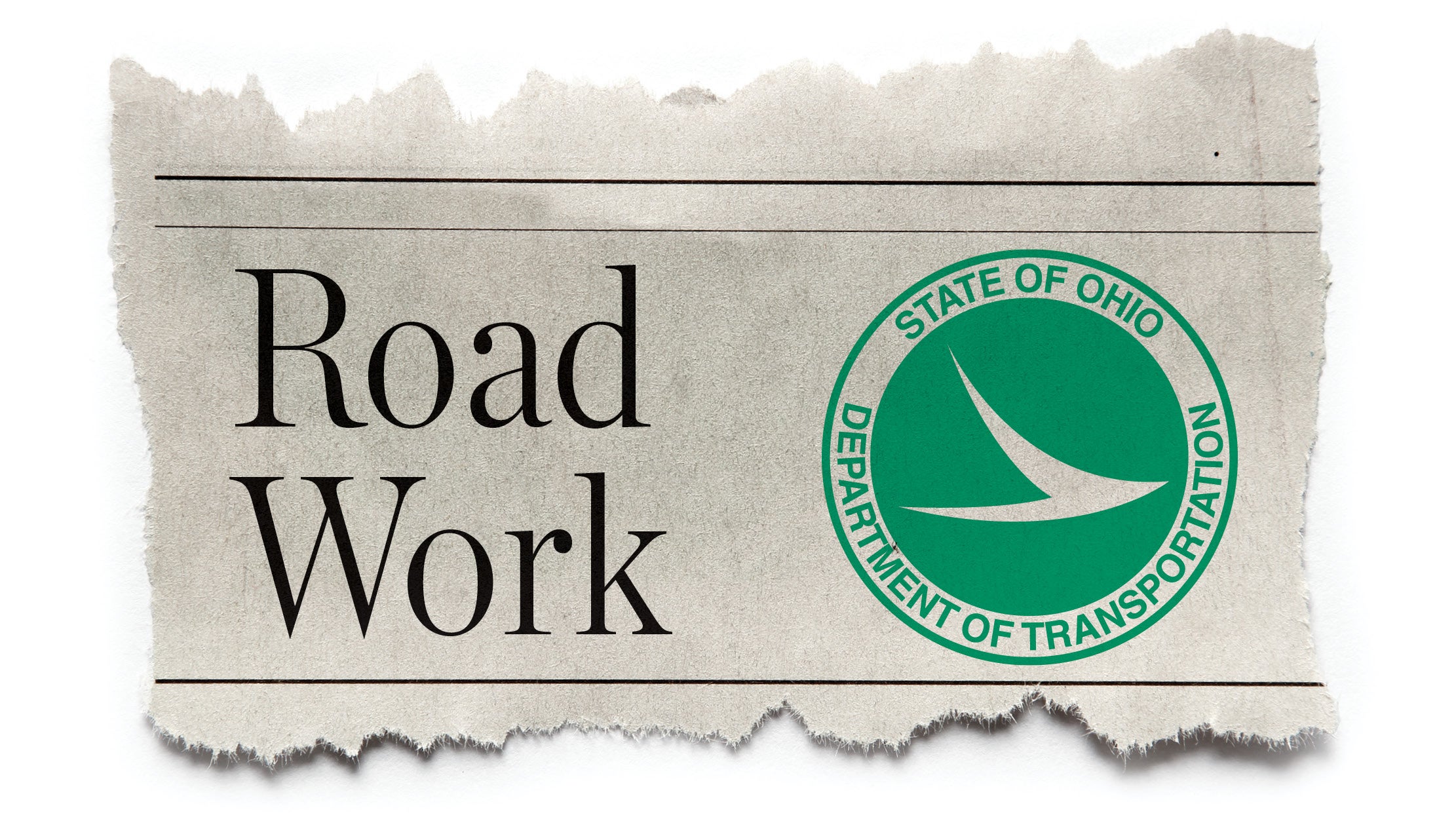Finance committee discusses water meter project
Published 10:17 am Thursday, July 29, 2010
With four out of seven members attending a specially called meeting Wednesday night, the Ironton City Council did not take action on an ordinance relating to a $1.4 million water meter replacement project. The finance committee, which met earlier, did however make a favorable recommendation on the ordinance.
“Personally, I’d like to have all seven members of council vote on it,” Mayor Rich Blankenship said.
Councilmen Dave Frazer, Mike Lutz, Chuck O’Leary and Kevin Waldo were present. Councilwoman Beth Rist, Councilman Frank Murphy and Councilman Bob Cleary were absent.
The mayor said he was also concerned over whether a vote taken or a second reading done Wednesday would be legal.
Council members were not given agendas of the meeting 24-hours ahead of time, though council did discuss the special meeting at the regular council meeting July 22.
The ordinance would allow the city to start the loan application for the water meter replacement project. The Ohio Environmental Protection Agency has granted the city a forgivable loan of 30 percent for projects up to $7 million.
The other 70 percent of the loan would be paid back with funding from the storm water, water and sewages fees over a 30-year period with 2 percent interest. The water meter replacement project is one of two projects the city is considering.
Finance Director Kristen Martin told the finance committee that the water, sewage and stormwater fees could feasibly pay back the loan.
Doug Cade, of E.L. Robinson Engineering, told committee members that it is legal to use storm water fees, as well as the others for the loan repayment. He also said the project will save the city money.
“We see a lot of communities going to this simply because of the cost of labor,” Cade said.
The new meters would be read electronically in about four hours. With the current meters, water distribution workers take about five days each month to read meters manually.
The new meters would also be more accurate, which may make some customers water bills go up, Lutz pointed out.
“It might go up, but it will be accurate,” Cade responded. “We’re not asking people to pay more. We’re asking them to pay what they’re using.”
Cade said he expects the city to see at least a 5 percent increase in revenue if the new meters are installed.
Frazer asked how the savings would be returned to Ironton residents. He questioned whether the city would still need to increase water usage rates as it planned to next year. The planned increase is part of an ordinance passed in February 2009, which called for the water rates to increase from $5 per thousand gallons used to $5.30 per thousand gallons used.
“If we’re saving so much money and the water tank saved so much money then maybe we don’t need it,” Frazer said.
Martin said the meters would benefit the residents because workers could spend more time repairing leaks if they did not have to read meters each month.
Blankenship said he might ask Waldo, council chairman, to call a special meeting on the matter for next week.




